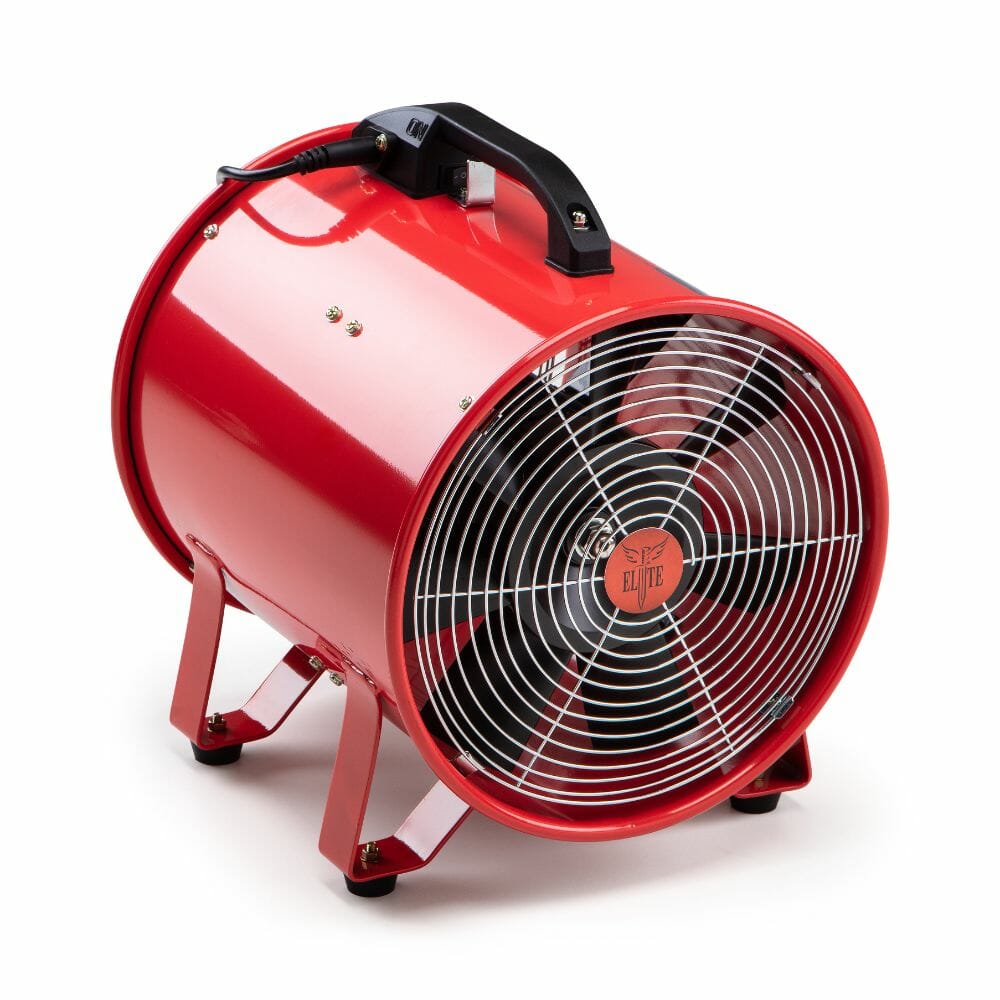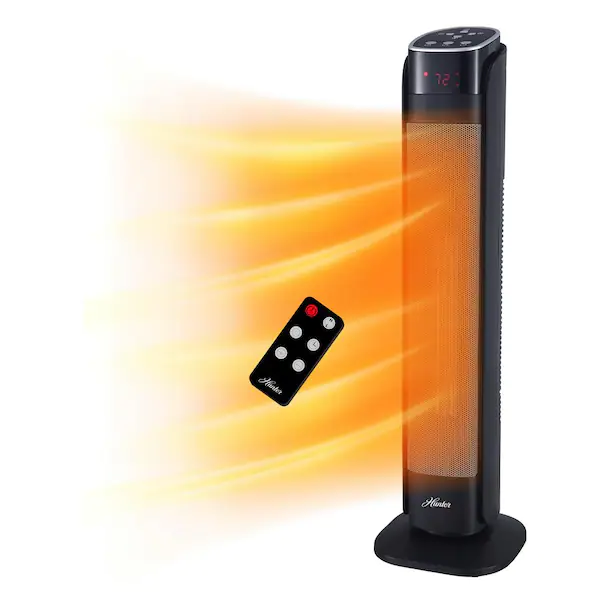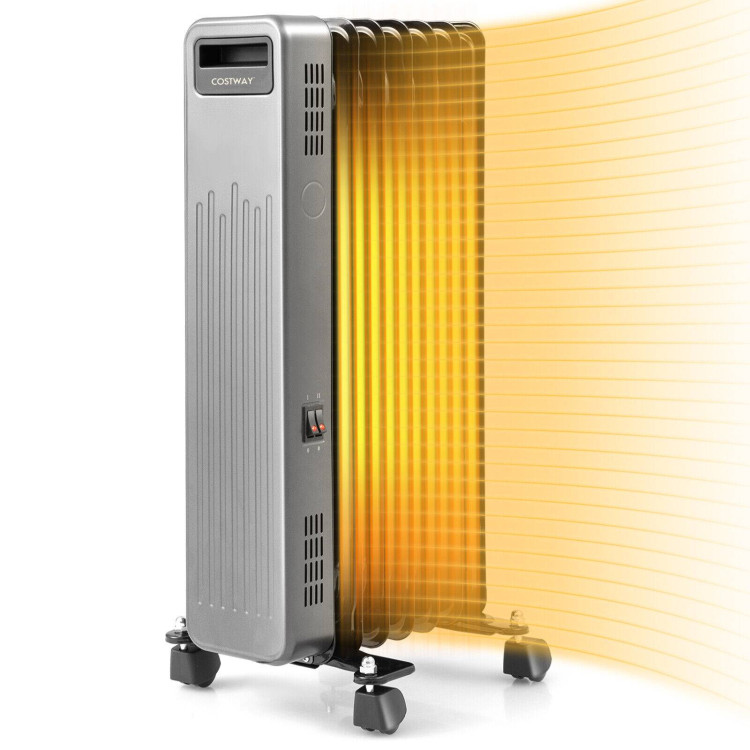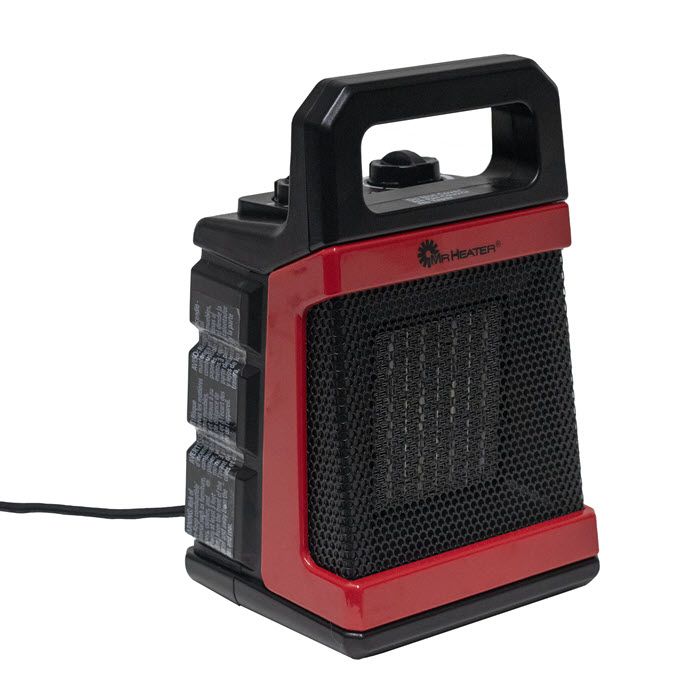As winter sets in, efficient heating options become a priority for households looking to stay warm without overspending on energy bills. Radiator vs space heater are two popular choices, each offering their own set of advantages and drawbacks. This article dives into the intricacies of each heating method, comparing energy efficiency, operational costs, and potential for effective heating to help you make an informed decision.
Understanding the Basics of Heating Systems
What is a Radiator?
Radiators have long been a staple of home heating systems. Often part of a central heating system, they rely on hot water or steam circulated through pipes to provide warmth. The heated water is usually generated by a boiler, which uses various fuel sources such as gas, oil, or electricity. Radiators work by transferring heat from the water to the surrounding air, creating a consistent and gentle warmth over time.
What is a Space Heater?
Space heaters, on the other hand, operate independently to heat small areas. They come in various forms, including electric, propane, and even infrared heaters. Most space heaters work by converting electricity into heat through resistance heating or using a fan to push warm air into the room. Their portability and quick heating capabilities make them attractive options for temporary or supplemental heating needs.

Energy Efficiency: How They Stack Up
Radiator Energy Efficiency
When evaluating energy efficiency, radiators often have the upper hand, especially when used in conjunction with a well-insulated home. They produce heat more steadily and tend to maintain temperatures longer after the heating system shuts off. With proper configuration, central heating systems can be controlled to operate at optimal efficiency, utilizing programmable thermostats and zone heating to minimize energy wastage.
Space Heater Energy Efficiency
Space heaters are designed for quick heating and operate by directly warming the space around them. They can be incredibly efficient for short bursts of heating, especially in rooms that aren’t frequently used. Many modern electric space heaters come with energy-saving features, such as thermostats and timers. However, their efficiency diminishes in larger spaces or when used to heat an entire home, leading to higher electricity consumption.
Operational Costs: Comparing Expenses
The Costs of Running a Radiator
The operational costs tied to radiators can vary widely based on the fuel source and energy efficiency of the boiler. If your radiator system runs on natural gas, costs can be lower compared to electric boilers. Additionally, maintaining a central heating system can incur costs related to regular servicing and energy fluctuations. Seasonal spikes in energy prices may affect overall expenses, but when optimized, radiators often deliver consistent warmth at a reasonable price.
The Costs of Running a Space Heater
Space heaters can be economical for temporary heating, but costs can quickly add up if they’re used extensively. Electric space heaters may consume around 1,500 watts per hour, which translates to higher electricity bills when used for extended periods. Furthermore, they may not provide sufficient heating for larger spaces, leading users to run multiple heaters simultaneously — further increasing costs. While they can be beneficial for targeted heating, relying exclusively on space heaters can strain your budget over time.

Effectiveness in Heating: Room Size Matters
Radiators and Heating Effectiveness
Radiators excel at heating larger spaces consistently, especially when installed in homes with effective insulation. They provide gentle, long-lasting warmth that can be easily regulated through central heating controls. The slow and steady approach means that rooms maintain comfortable temperatures, reducing the need for constant adjustment. Furthermore, with a central heating system, you can manage the temperature across different rooms, allowing for personalized comfort based on individual preferences.
Space Heaters and Targeted Heating
Space heaters shine in their ability to provide immediate warmth in specific rooms. They’re particularly useful in smaller, enclosed areas where quick heating is necessary. For example, if someone is working in a home office temporarily or needs extra warmth in a bedroom, a space heater can deliver heat precisely where needed. However, they can struggle with larger, open spaces, leading to cold spots and uneven heating. Thus, while a space heater can effectively warm small areas, it may not serve as a comprehensive heating solution for larger homes.
Safety Considerations: Risks and Precautions
Radiator Safety Features
Radiators, particularly those integrated into central heating systems, often feature safety measures designed to minimize risks. They typically have built-in mechanisms that prevent overheating, and their surfaces are often designed to reduce the chance of burns. Additionally, since they’re usually fixed in place, they have a lower risk of being knocked over or causing fires compared to portable space heaters.
Space Heater Safety Concerns
Space heaters, while convenient, can pose safety risks if not used properly. Many models come with automatic shutoff features to prevent overheating, but the potential for accidents still exists. For instance, space heaters should always be placed away from flammable materials and should never be left unattended. Furthermore, choosing a heater that is certified by an independent testing organization can provide an additional layer of safety. Users should always read safety guidelines and ensure proper placement to minimize risks.
Environmental Impact
Radiators: A Sustainable Choice
Using radiators within a central heating system can be a more environmentally friendly option, especially when powered by renewable energy sources like solar or geothermal. Their ability to maintain temperature efficiently means lesser energy is consumed overall. Moreover, more modern boilers have become increasingly efficient, reducing the carbon footprint associated with traditional heating methods. By investing in energy-efficient upgrades for a radiator system, homeowners can significantly lessen their environmental impact while enjoying the benefits of effective heating.
Space Heaters and Energy Consumption
Space heaters have a more significant environmental impact when used as the primary heating source for larger areas. Their reliance on electricity, particularly from non-renewable sources, can contribute to higher carbon emissions. While they can be great for targeted heating, their energy consumption in larger spaces can lead to inefficiencies and increased carbon footprints. Users can mitigate some of the environmental impact by using renewable energy sources, like solar panels, to power electric heaters. However, their utility should ideally be as a supplemental or short-term heating solution rather than the primary method of heating a home.

Making Your Decision: What Fits Your Needs?
Assessing Your Space and Needs
Ultimately, the choice between radiator vs space heater hinges on your specific heating needs, the size of your space, and your energy efficiency goals. If you’re looking for a primary heating solution that offers consistency and can handle larger areas effectively, a radiator system may be the right choice. On the other hand, if you require supplementary heating for specific rooms or temporary use, a space heater can provide flexibility and immediate warmth.
Balancing Costs, Efficiency, and Comfort
Finally, consider your budget, lifestyle, and the importance of safety features. If keeping operational costs low over time is crucial, investing in an efficient radiator system may yield better long-term savings. Conversely, if you prioritize flexibility and quick heating, a radiator vs space heater might be better suited for your needs. By carefully analyzing your requirements and weighing the benefits of each option, you can create a comfortable, energy-efficient environment that aligns with your lifestyle. In the end, radiator vs space heater solutions have their merits; understanding your priorities will lead to the best choice for your home.


